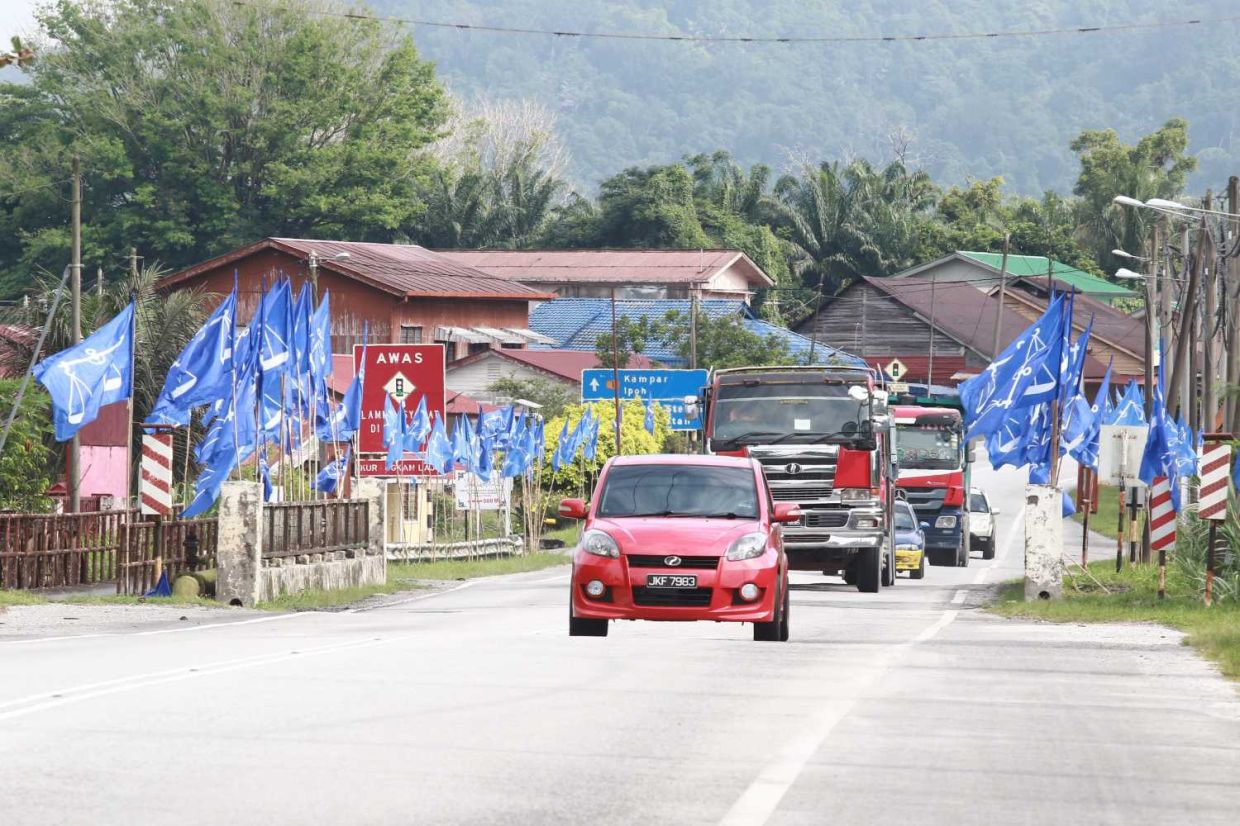KUALA LUMPUR: The process to re-introduce the Parliamentary Services Act is now at the second stage, involving the drafting of a Cabinet paper, according to Tan Sri Dr Wan Junaidi Tuanku Jaafar.
The Dewan Negara president said that the meeting of the Legal Affairs Division (BHEUU) of the Prime Minister's Department, which he chaired on Friday (Aug 25), had decided on the law at the policy level.
"The meeting also agreed for BHEUU to draft a Cabinet paper, to get the approval for the Dewan Negara and Dewan Rakyat Joint Council under the Attorney General's Chambers, to be distributed to all relevant ministries and agencies before being presented to the Cabinet,” he said via his official Facebook page.
Meanwhile, Wan Junaidi, when met by reporters after launching the Malaysia Madani’s Round-Table on Socio-Cultural Well-Being at the Parliament building today (Aug 29), said the Bill to re-introduce the Parliamentary Services Act is scheduled to be tabled in October in Parliament.
The Parliamentary Services Act was first introduced in 1963, paving the way for Parliament to act as an independent body, managing its own affairs including selecting its staff and controlling its expenditure, but it was repealed in 1992.
Commenting on the round-table programme today, Wan Junaidi said that it was to discuss the role and work of all social institutions in the development of the country.
He said the main objective of the programme was to gather ideas and information, to strengthen the understanding and appreciation of Malaysia's socio-cultural background issues, from various segments of society.
He said the four main clusters of development, which became the focus of intensive and inclusive discussions through dialogue sessions, brainstorming and round-table discussions were Wellbeing, Innovation and Economic Growth; Education, Cultural Values and Human Development; Security, National Unity and Institutional Strengthening as well as Climate Change and Environmental Ecosystem Sustainability.
The one-day programme, jointly organised by the Malaysian Parliament and Universiti Pendidikan Sultan Idris (UPSI), was attended by panels of experts and experienced individuals in four development clusters, including Paya Besar MP Datuk Mohd Shahar Abdullah; and Senator Aknan Ehtook.
It also involves various community groups, including religious and community leaders, vulnerable groups, students, voluntary organisations, entrepreneurs and workers. - Bernama






































